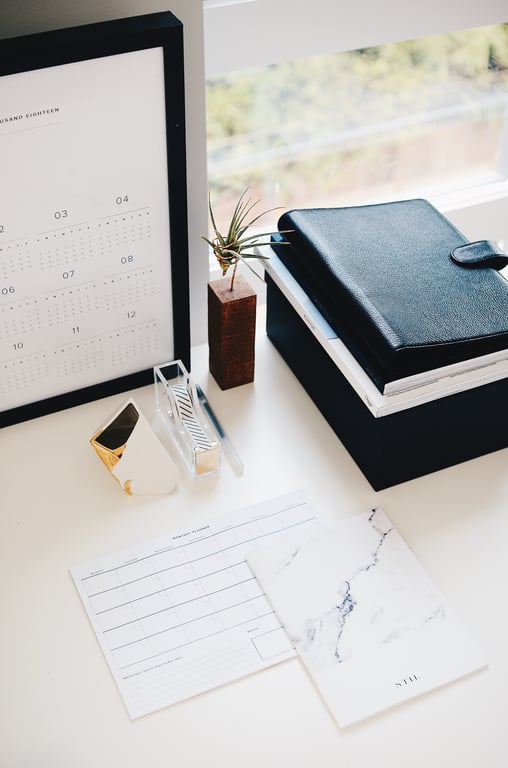With over 16.8 million self-employed Americans—there’s never been a better time to start your own tax business. You can reduce your tax liability, make an excellent income, work at home with minimal expenses, and use helpful software to make the process seamless.
There are many questions to ask yourself when starting your own business, but we’ll answer those questions in this article.
-
Make a Business Checklist
Starting your own tax business doesn’t need to be challenging; it’s more straightforward than many other businesses. However, there are some key things you’ll need:
- A computer or laptop
- A reliable internet services
- Office supplies
- Business cards
- Tax preparation training
- A printer, scanner, and fax machine.
- A preparer tax identification number (PTIN)
- An Electronic Filers Identification Number (EFIN)
You can purchase and prepare these requirements within a couple of days.
-
Calculate Your Business Costs
Unlike many businesses—starting your own tax business isn’t expensive. You can create a home-based tax business with minimal start-up costs.
Here are some typical costs:
- A comprehensive tax course - $500
- Tax preparation marketing and tax office supplies - $500
- Voluntary IRS Annual Filing Season Program - $59-$119
- The IRS registration to become a tax preparer - $35.95
- A professional website: $400
These are the basics. Once you have these, starting your own tax business becomes a reality.
You don’t need a college degree to start your own tax business. An excellent tax course, which teaches you tax fundamentals, is enough to build your expertise. Popular tax courses include IBFD, AAT, ACCA, and CIMA.
If you have no tax experience, undergoing a tax course is essential for providing the best service to your clients.
-
Create an IRS E-Services Account
You must create an IRS e-services account to start your own tax business. The IRS may tax several days to verify and approve your account. After that, you’re ready to submit your application to become an IRS e-file provider. However, it may take up to 45 days to approve your application.
The IRS will conduct a suitability check once they assess your application—including a credit check, a criminal record background check, and a check for prior-noncompliance with the IRS. Finally, the IRS will send you an Electronic Filing Identification Number (EFIN) once they approve.
The most significant challenge can be finding your first clients when starting your own tax business. Many business owners begin by offering tax services to their friends, family, and neighbors. In turn, they’re able to build credible references and gain valuable experience; you can do the same.
However, another excellent way to gain clients is by networking. Visit local business networking events and introduce yourself as a tax expert. You could even join a group like Business Network International (BNI).
In addition, you can use freelancing platforms like Upwork. Millions of businesses are looking for tax services here. You only need to send proposals, deliver the work, and gain excellent references for your profile.
You should build a robust online presence through social media and SEO. A professional website that you’ve optimized for local SEO can bring local clients to you. Alternatively, use social media to sell your tax services to local businesses.
Start Your Own Tax Business with Qbox
You need superb software to start your tax business, and Qbox is the best QuickBooks file-sharing software. Sharing QuickBooks files on a network is crucial for your tax business, and Qbox does just that. You can even share MS Access, Word, Excel, and PowerPoint files with multiple people.
It’s the perfect software for your tax business.

